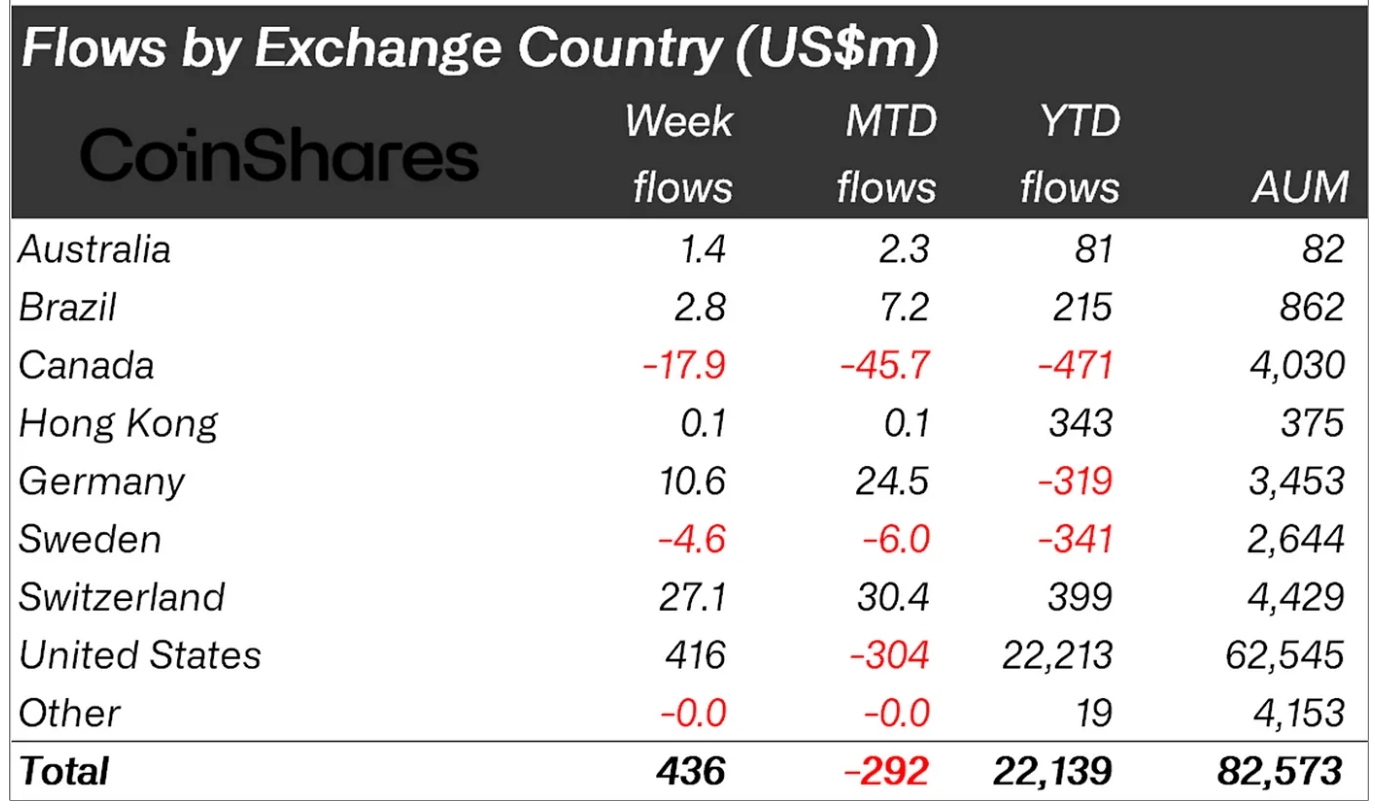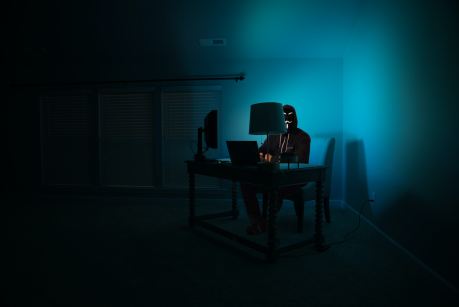(Photo Credit: Universal)
Few individuals enjoyed the same amount of prolonged success as Ron Howard. Starting with his role as young Opie Taylor on TV’s Andy Griffith Show, the red-headed behemoth worked his way into starring gigs on the popular sitcom Happy Days and made the jump to the big screen in classics such as American Graffiti and John Wayne’s final film The Shootist.
Naturally, when he grew tired of acting, Howard decided to step behind the camera and evolve into a legendary director capable of producing large-scale blockbusters (Backdraft), heartfelt comedies (Splash), and intimate, award-winning character studies (A Beautiful Mind). Easy, peasy. Howard’s body of work has brought in an impressive $4.3 billion at the box office. Although he has had some disappointments (like Solo: A Star Wars Story), the man continues to influence Hollywood enormously and impact the industry in many ways.
Of course, Howard could have ridden off into the sunset decades ago after producing one of my favorite pictures and easily his best work, 1989’s Parenthood. As much as I adore the likes of Cocoon, Apollo 13, and even Dr. Seuss’ How the Grinch Stole Christmas, nothing tops this masterful, sharply written look at the joys and hardships of childrearing.
Featuring perhaps the most outstanding ensemble ever put to the silver screen and one of Steve Martin’s all-time performances, Parenthood opened on August 2, 1989, and eventually earned $126M worldwide, which was a big deal in those days, particularly for a PG-13-rated comedy.
Critics gave it the thumbs up, with Roger Ebert explaining:
Ron Howard’s Parenthood is a delicate balancing act between comedy and truth, a movie that contains a lot of laughter and yet is more concerned with character than punch lines. It’s the best kind of comedy, where we recognize the truth of what’s happening even while we’re smiling, and where we eventually acknowledge that there is a truth in comedy that serious drama never can quite reach.
Parenthood follows the Buckmans, an average suburban family, through their intertwined stories. Gil (Steve Martin), a mild-mannered father, navigates life with his wife Karen (Mary Steenburgen) and their children, including an older child facing emotional challenges. Helen (Dianne Wiest), a single mother, struggles to raise her two troubled kids: the quiet and reserved Garry (Joaquin Phoenix) and the rebellious teen Julie (Martha Plimpton). Frank (Jason Robards), the family patriarch, passed his gambling habits on to his son Larry (Tom Hulce) with disastrous results. Meanwhile, Nathan (Rick Moranis) and his wife Susan (Harley Jane Kozak) grapple with the growing divide caused by their differing parenting approaches.
Howard, along with writers Lowell Ganz and Babaloo Mandel, skillfully weaves together compelling episodes that come together to form a satisfying whole. Each storyline presents moments of heartwarming comedy and poignant drama. For example, there’s a scene where Kevin, Gil’s son, misses a flyball during a crucial Little League game. Gil had put his son in the game, hoping to boost his confidence, envisioning a future where his son thanks him while receiving his college diploma. But then, this happens:
A terrific interaction between Helen and Tod, her daughter’s well-to-do boyfriend, brilliantly portrayed by Keanu Reeves, succinctly explains the significant role a parent plays in a child’s life:
Later, another great scene between Gil and his father carries ample amounts of comedy, heart, pain, and resolve:
A good comedy contains one or two effective scenes. Parenthood features dozens of laugh-out-loud moments, such as the infamous car scene:
And the terrific Cowboy Gil bit in which Gil dresses up as a rootin’ tootin’ cowboy for his son’s birthday after Cowboy Dan fails to arrive:
Howard sprinkles in smaller, improvised comedic bits, often revolving around Gil’s youngest son, that many can relate to:
Ultimately, Parenthood captures the ups and downs of life better than just about any other film. As a kid, I enjoyed the slapstick comedy and looked up to the adults as wise savants with meaningful jobs and a firm grasp of life. Now, as a parent, I understand the film’s most profound point: every adult in Parenthood is lost in a whirlwind of moments, trying to navigate a precarious world with little more than the guidance of their equally baffled forebears — an idea highlighted by the film’s best scene:
Parenthood doesn’t go for easy theatrics. Every story feels real; every payoff earned, even the picture’s most outlandish moment:
Here is a film that infuses conventional storytelling with vital truths that hit hard, regardless of your generation. It’s a story about doing your best, even in the face of extraordinary circumstances, and embracing the good and the bad. Fittingly, the final scene takes place in a hospital waiting room where the Buckmans gather to meet the newest member of their family, a powerful reminder that life’s pleasures and pains continue forever onward.
Howard’s talent lies in his ability to tell character-driven stories. His best films — The Paper, Frost/Nixon, Rush, and Cinderella Man — don’t rely on cheap thrills or big-budget CGI spectacle. He finds meaning in simplicity, warmth, and humor in everyday life.
In Parenthood, Howard’s brilliance shines brightest. It’s his masterpiece.
The post Parenthood Remains Ron Howard’s Masterpiece 35 Years Later appeared first on ComingSoon.net – Movie Trailers, TV & Streaming News, and More.




























